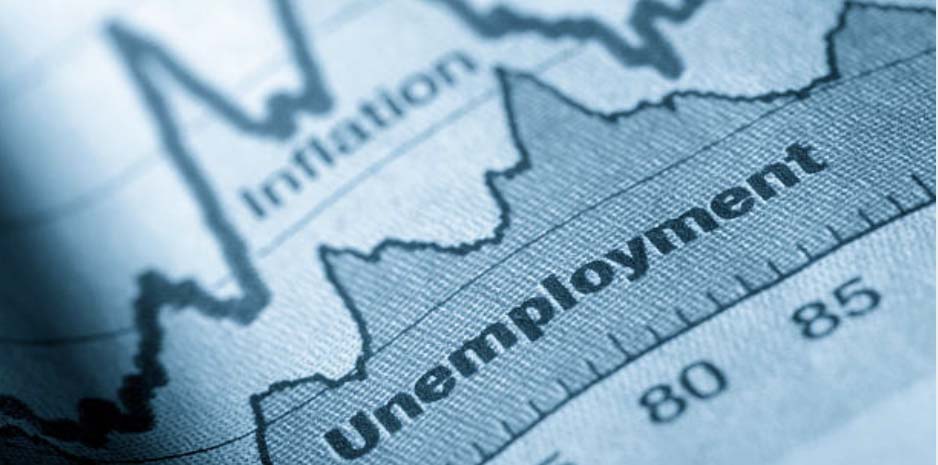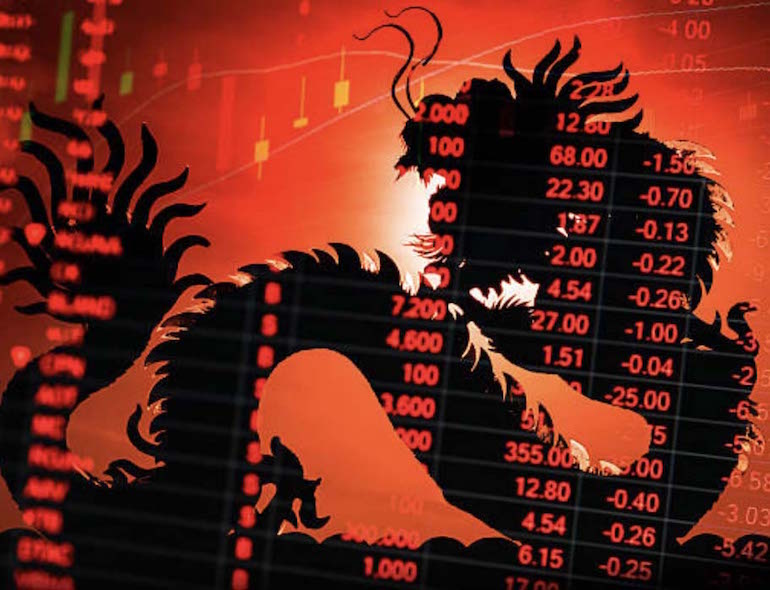Global markets
-

So is it a good time to invest globally?
Scott Phillips
May 8, 2018
It is only natural for investors and advisers alike to question whether now is a good time is to invest in global equities. As an investment manager, we are constantly asked if it is the right time to either add more funds or redeem funds from their portfolios. Here we discuss what we do in our own funds.
by Scott Phillips Posted in Global markets.
- save this article
- POSTED IN Global markets
-

US cash rates up from 0.5% to 3.5% in the three years to late-2019
David Buckland
February 26, 2018
If our friends at Deutsche Bank are right in forecasting the US unemployment rate to decline from the current 17 year low of 4.1 per cent to 3.2 per cent by-late 2019, the US Federal Reserve are going to have a delicate balancing act as they lift the cash rate in trying to keep inflationary expectations under control. continue…
by David Buckland Posted in Global markets.
- save this article
- POSTED IN Global markets
-

How to avoid investment traps in the platform age
Roger Montgomery
December 4, 2017
Right now, investors are in love with new, disruptive businesses, particularly those with platforms that shorten the path between supplier and end user. Many of these businesses are sporting eye-watering valuations that seem hard to justify. Is it time for a return to value investing? We think so. continue…
by Roger Montgomery Posted in Global markets.
- save this article
- POSTED IN Global markets
-

After a strong year, can investors start to relax? Actually, no
Roger Montgomery
November 6, 2017
As global share markets head inexorably north, it’s easy to start feeling more relaxed. But my friend Jonathan Rochford offers a word of caution. In a recent note, he warns that a combination of high returns and low volatility could be setting up markets for a nasty pullback. And that’s not the only thing keeping him awake at night. continue…
by Roger Montgomery Posted in Global markets.
- 3 Comments
- save this article
- POSTED IN Global markets
-

The Phillips Curve – will we see higher US inflation?
David Buckland
October 12, 2017
The Phillips curve describes the historical inverse relationship between rates of unemployment and corresponding rates of inflation. The theory states that with economic growth comes more jobs, less unemployment and inflation. The degree to which this inverse relationship has been affected by globalisation, digital deflation and outsourcing is a moot point and we wonder if, and when, the 17-year low in US unemployment will filter through to a higher sustainable rate of inflation? continue…
by David Buckland Posted in Global markets.
- 2 Comments
- save this article
- POSTED IN Global markets
-

Why investing fads can end in tears
Roger Montgomery
September 11, 2017
Back in the 1960s, a group of companies listed on the New York Stock Exchange called the Nifty Fifty grabbed the attention and dreams of a generation of savvy investors. As we know, investing in the Nifty Fifty ended badly for many of them, and showed the downside of investing fads.
continue…by Roger Montgomery Posted in Global markets, Market commentary.
- save this article
- POSTED IN Global markets, Market commentary
-

Oaktree’s Latest Memo
Roger Montgomery
September 8, 2017
Howard Marks at Oaktree published his latest memo overnight. It speaks for itself and is valuable reading. Click here to download the PDF.
by Roger Montgomery Posted in Global markets.
- 3 Comments
- save this article
- POSTED IN Global markets
-

Why we need to switch our investment focus to China
Roger Montgomery
September 7, 2017
Recently, some of the best investments in our global funds have been in Chinese companies like Tencent and Alibaba. And that’s hardly surprising. After all, in the words of the ex-Singapore leader, Lee Kuan Yew, China is now “the biggest player in the history of the world”.
continue…by Roger Montgomery Posted in Global markets.
- 4 Comments
- save this article
- POSTED IN Global markets
-

Where there’s disruption, there needs to be innovation
David Buckland
July 27, 2017
In Andy Macken’s Whitepaper “Who are the businesses of the future?”, he explained the online technology platforms (OTP) concept, arguing “by implementing this model in software – which results in an effective zero cost of marginal production; and online – which results in a near zero cost of global production: owners of successful online technology platforms often generate enormous economic profits stemming from a number of advantages which are both powerful and sustainable”. continue…
by David Buckland Posted in Global markets.
- save this article
- POSTED IN Global markets
-

The great unwind of the Fed’s balance sheet
David Buckland
July 7, 2017
For the first time since it began its quantitative easing in 2009, the US Federal Reserve (Fed) announced it would commence the gradual unwind of its US$4.5 trillion balance sheet sometime later in 2017. Should this plan proceed, higher borrowing costs for corporations and households will be the likely result and this warrants a degree of caution. continue…
by David Buckland Posted in Editor's Pick, Financial Services, Global markets.